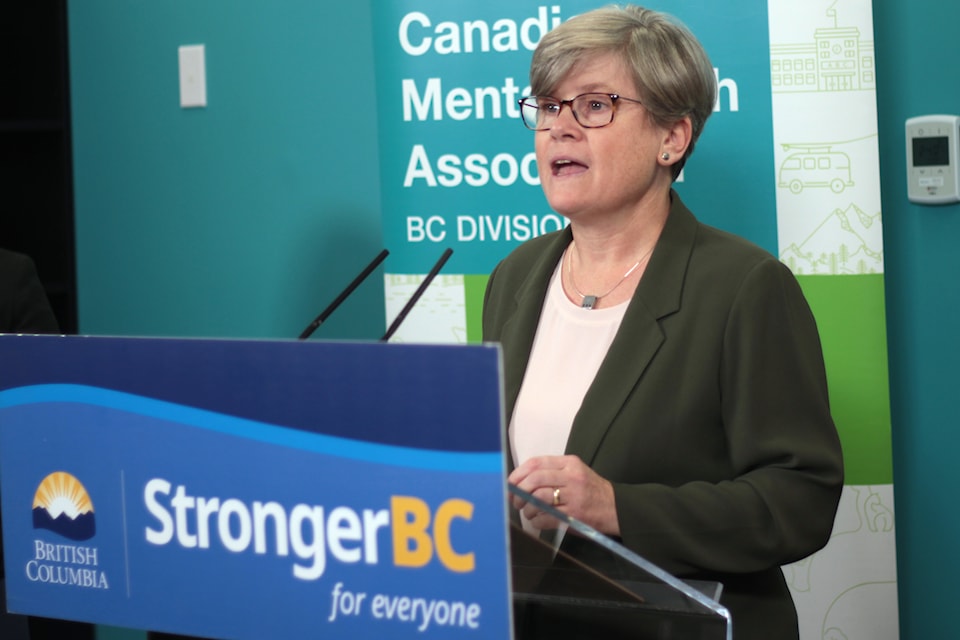Recall panel finds flaws in Toyota’s safety policies
Published 5:00 am Tuesday, May 24, 2011
DETROIT — Toyota’s tendency to dismiss customer complaints and lack of a clear procedure for handling safety problems are among the flaws identified Monday by a panel the automaker created to investigate its recalls of more than 14 million vehicles since 2009.
The seven-member panel, composed of company outsiders and headed by a former transportation secretary, Rodney Slater, said Toyota had taken some important steps toward improvement, including the appointment of a global chief safety officer, but also made many additional recommendations. It said, for instance, that Toyota should have a single executive oversee its North American operations, which now operate as separate sales, engineering and manufacturing organizations that each report to executives in Japan.
The panel, which is midway through its two-year tenure, did not try to identify whether any electronic defects could have caused vehicles to accelerate suddenly.
But Monday’s report said Toyota had been slow to discover the pedal and floor-mat issues because it viewed complaints made to the company or to federal regulators about sudden acceleration skeptically and defensively. The report also described Toyota’s attitude toward regulators, which fined the company nearly $50 million for taking too long to initiate recalls, as “adversarial.”
“The report confirms our view that Toyota’s culture — one that works well in times of stability — left it uniquely vulnerable to a fast-moving crisis,” said Jeremy Anwyl, the chief executive of the vehicle information website Edmunds.com.
The report said Toyota had treated safety differently than other manufacturers, by lumping it into the larger issue of “quality” and making it part of everyone’s responsibility rather than assigning it to specific executives and employees.
“Safety and quality are very different attributes, and a process that produces quality vehicles will not necessarily produce safe vehicles,” said one panel member, Brian O’Neill, a former president of the Insurance Institute for Highway Safety. “This safety philosophy might suffer from the old adage, ‘When everyone is responsible, no one is accountable.’ ”






